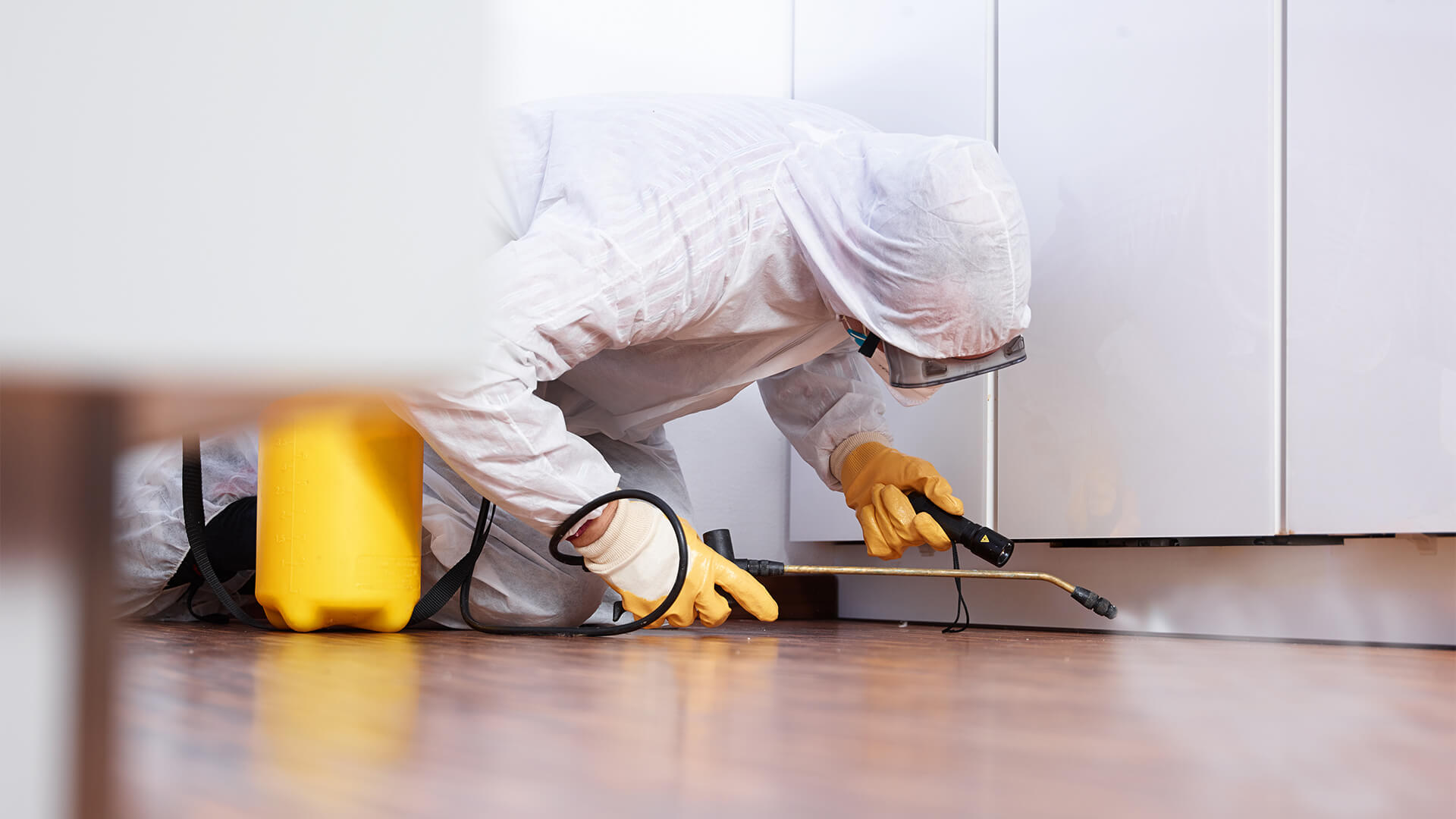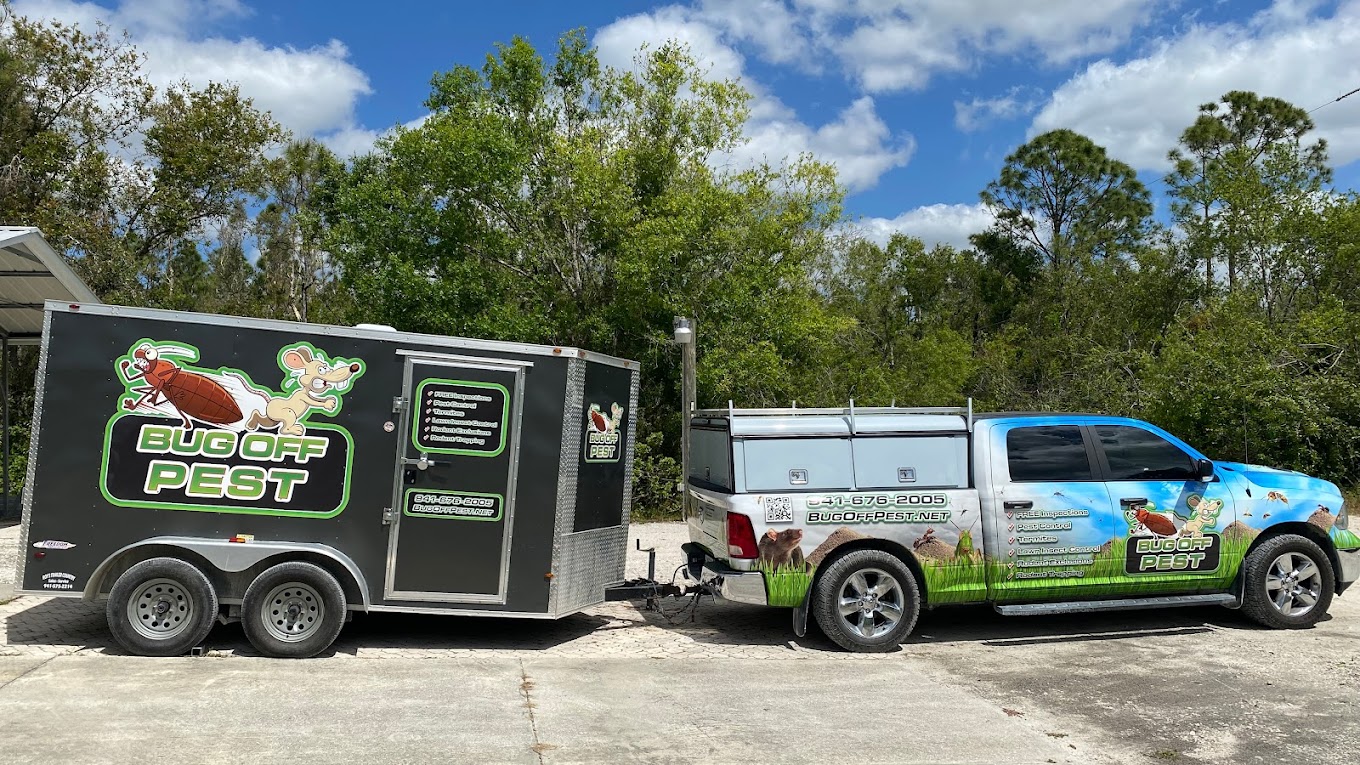Fast and efficient Pest Control in Port Charlotte for your comfort.
Discovering Ingenious Methods and Products for Efficient Pest Control
The landscape of parasite control is advancing, noted by the introduction of cutting-edge strategies and products developed to improve performance and sustainability. From smart catches geared up with innovative tracking systems to organic methods that use all-natural killers, these advancements present a paradigm change in how we approach pest monitoring.
Smart Traps and Monitoring Systems
How can contemporary innovation improve insect management? One substantial improvement is the growth of wise catches and keeping track of systems, which give real-time information and analytics for reliable insect control. These systems use sensors and cordless technology to find parasite task, informing residential or commercial property supervisors and pest control professionals to problems prior to they rise.
Smart catches are equipped with functions such as bait terminals that bring in parasites and catch them effectively. These catches can be kept an eye on remotely, permitting prompt interventions and lessening the need for considerable chemical applications. Furthermore, the assimilation of machine knowing algorithms enables these systems to set apart in between target bugs and non-target species, enhancing the precision of pest control steps.
Additionally, the information gathered from wise traps can be evaluated to recognize patterns in insect actions and ecological variables adding to invasions (Pest Control in Port Charlotte). This information is very useful for establishing targeted pest management techniques tailored to specific environments. By welcoming wise traps and checking systems, pest control professionals can boost their functional effectiveness and decrease the environmental effect of insect management, inevitably bring about more secure and much more sustainable methods in the industry
Biological Insect Control Approaches
Utilizing all-natural predators and bloodsuckers, biological insect control methods offer an environmentally pleasant option to chemical treatments. This strategy entails the introduction or enhancement of details organisms that can normally control pest populaces, thus reducing dependence on artificial chemicals. Common instances include using ladybugs to manage aphid infestations and parasitical wasps to target caterpillars.

Organic control can be categorized into 3 primary approaches: timeless, augmentative, and conservation. Timeless organic control involves importing all-natural opponents from the pest's indigenous environment, while augmentative control includes increasing the populace of existing natural adversaries through launches. Conservation methods concentrate on producing problems that sustain these valuable organisms in the ecosystem.
It frequently needs a detailed analysis of parasite dynamics and the life cycles of both the parasites and their all-natural adversaries. As recognition of ecological concerns expands, biological pest control methods are increasingly identified for their lasting function in incorporated pest administration programs.
Eco-Friendly Chemical Alternatives
Eco-friendly chemical options offer a viable service for insect management that minimizes environmental impact while effectively controlling parasite populaces. These alternatives are stemmed from all-natural resources and are very carefully developed to target specific parasites without damaging valuable microorganisms, making them an essential part of sustainable insect control techniques.
Among one of the most efficient environment-friendly choices are plant-based pesticides, such as neem oil and pyrethrin, which are stemmed from the seeds and flowers of various plants. These substances interfere with the life right here cycles of pests, minimizing their populations without the toxic results related to standard pesticides - Pest Control in Port Charlotte. Furthermore, crucial oils like peppermint and clove oil show repellent residential properties, even more enhancing their energy in parasite administration

Furthermore, green chemical options usually break down a lot more quickly in the atmosphere, minimizing the threat of soil and water contamination. This characteristic aligns with the enhancing customer need for sustainable practices in agriculture and city parasite control. As research remains to breakthrough, the development of innovative environment-friendly solutions will certainly even more improve efficiency and broaden application areas, allowing pest monitoring specialists to adopt greener, more accountable approaches in their techniques while guarding human wellness and the environment.
Pheromone Disturbance Techniques
An additional ingenious approach in sustainable pest administration is the use of pheromone interruption methods. These techniques make use of the natural chemical signals, or pheromones, that insects use for communication, particularly in breeding habits. By interfering with these signals, bug populaces can be properly handled without turning to unsafe chemicals.
Scent catches are typically used in this method. These traps use synthetic variations of insect scents to tempt male bugs, thus minimizing their capability to locate ladies and replicate. In time, this can lead to a considerable decline in pest populaces. Furthermore, the release of repellent scents can create complication amongst insects, better hindering their mating processes - Pest Control in Port Charlotte.

Integrated Insect Administration Methods
Efficient bug control commonly requires an extensive method, and Integrated Parasite Management (IPM) methods give a framework for accomplishing this goal. IPM incorporates numerous management methods to lessen parasite populations while minimizing dependence on chemical pesticides. This multifaceted strategy begins with thorough monitoring and identification of pests, enabling for targeted treatments based upon certain parasite stress.
Cultural techniques, such as plant rotation and sanitation, play an essential duty in avoiding bug facility. Organic controls, consisting of natural predators and parasitoids, are employed to preserve bug populations at workable levels. When essential, discerning chemical therapies are used, stressing lower poisoning to non-target types and the environment.
By employing this all natural method, IPM not only improves insect control effectiveness yet also contributes to long-lasting environmental equilibrium. Eventually, Integrated Insect Management stands for a forward-thinking service that straightens agricultural performance with environmental stewardship, making it essential in modern insect control techniques.

Verdict
In verdict, the assimilation of innovative techniques and products for effective pest control represents a considerable innovation in sustainable pest monitoring. Smart catches and monitoring systems, biological pest control techniques, best site eco-friendly chemical choices, and scent disruption techniques collectively improve the performance of insect monitoring methods.